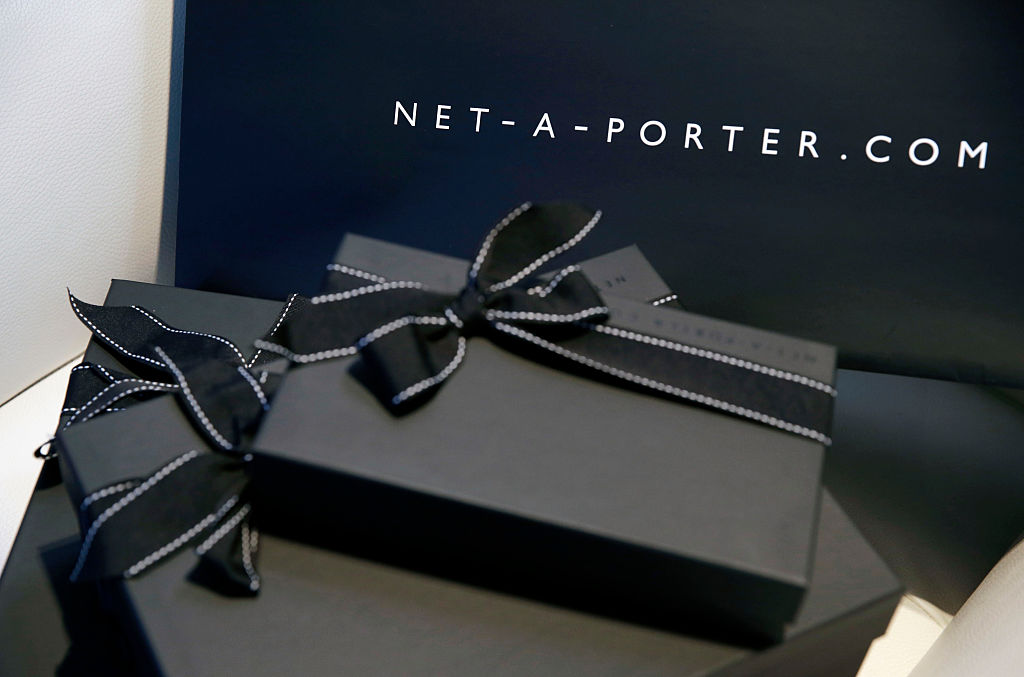Richemont has found a suitor for its Yoox Net-a-Porter (YNAP), although the bad dream from its foray into online luxury is not over.
The announcement this week follows a failed attempt to sell YNAP to UK-listed luxury rival Farfetch and YNAP’s Middle East partner Alabbar in December 2023. Richemont terminated the deal after South Korean ecommerce company Coupang rescued Farfetch from near bankruptcy.
Farfetch struggled to attract customers amid broader sector issues, particularly in China, as the economic slowdown hit the luxury market.
Instead, German group Mytheresa will now acquire ownership of the business along with a cash position of €555-million.
Mytheresa is financing the deal with shares: Richemont will receive a 33% ownership stake in Mytheresa, thereby becoming a significant shareholder in Mytheresa and give it a significant influence over Mytheresa’s decisions and future direction.
Richemont will not be extricating itself from YNAP: not only will it hold a 33% equity stake in Mytheresa, but it has also committed to extend its new German partner a €100-million revolving credit facility to support YNAP.
Expensive mistake
Effectively, Richemont has had to pay Mytheresa to buy YNAP, says Alec Abraham, senior equity analyst at Sasfin.
“This was an expensive misallocation of capital for Richemont. Not the first such folly, but hopefully the last. I suppose at least with the 33% stake in Mytheresa, Richemont will share in future upside, if any.
“On the future upside, at least the combination of these businesses presents some scale and cost saving synergy potential, although this must be realistically considered against potential of the pre-owned luxury business model, in the sober post ‘luxury spending lunacy’ of the pandemic.”
Principally owned by Johann Rupert, the Swiss group will be forced to write down about €1.3-billion in its upcoming half-year financial results, due on November 8.
The deal, which is expected to close in the first half of next year, is subject to regulatory approvals, and will see Richemont taking a seat on Mytheresa’s supervisory board.
YNAP reported a €1.46-billion loss last year following a significant write-down and a 14% decline in sales. In May, Richemont announced a €3.4-billion non-cash write-down to YNAP’s value in its full-year results. Six months later, the Swiss group reported a further operating loss of €0.7-billion in its “discontinued operations” unit comprising YNAP, and a €0.5-billion write-down.
Mytheresa’s CEO, Michael Kliger, said that the integration of YNAP’s luxury division into Mytheresa would create a single group with three distinct storefronts: Mytheresa, Net-A-Porter, and Mr Porter, to offer customers a broader and more differentiated luxury offering. The discount division, comprising Yoox and The Outnet will be separated, while YNAP’s white label division will be discontinued.
“The three brands will share a large part of their infrastructure, creating synergies and efficiencies while maintaining their different brand identities. The off-price business will benefit from the separation from luxury and a much simpler operating model driving growth and profitability. We believe that this transaction will create significant value for our shareholders, brand partners and most importantly for our high-end customers,” Kliger said.
Good fortune
The deal is a stroke of luck for Mytheresa: The Business of Fashion reports that the platform has avoided the worst of the luxury e-commerce bust, but it is far smaller than its biggest rivals, reporting only €914-million in sales on its marketplace in the year ending in June.
The YNAP merger gives Mytheresa a chance to ramp up business, to become the biggest player in luxury e-commerce. Their combined gross merchandise value reaches nearly €3-billion, the fashion news outlet reports, which is close to one-time leader Farfetch’s sales at its peak in 2022. Kliger said the company’s ambitions were to grow to €4bn by 2029 with “high single-digit adjusted earnings”.
Mytheresa will also access YNAP’s distribution centres in China and the US, where it is seeing its largest sales growth.
Cash crunch
In July, CNN reported that the world’s most prestigious luxury brands are experiencing a significant downturn because Chinese consumers had curtailed their spending habits. Even the most exclusive labels, such as Louis Vuitton and Christian Dior, are feeling the impact.
Luxury goods company LVMH saw a 10% decline in Asian sales (excluding Japan) during the first half of the year.
Other luxury brands, including Prada, Richemont, and Porsche, have also reported significant declines in sales within China.
While Hermes has bucked this trend, reporting sales growth in Asia, the report said the overall luxury market was facing a period of uncertainty due to a decline in Chinese spending that has led to a re-evaluation of luxury brands as safe-haven investments.
Pre-owned thrives
Michael Zahariev, co-founder of Luxity, a South African pre-owned luxury reseller, said the market for pre-owned luxury had remained strong because each item was unique, allowing for larger ranges that were easily filterable – clearly a demand driver that is not easily replicated in physical locations. Zahariev said the trend of sustainability was also driving strong demand, as more consumers were seeking environmentally conscious options. DM





